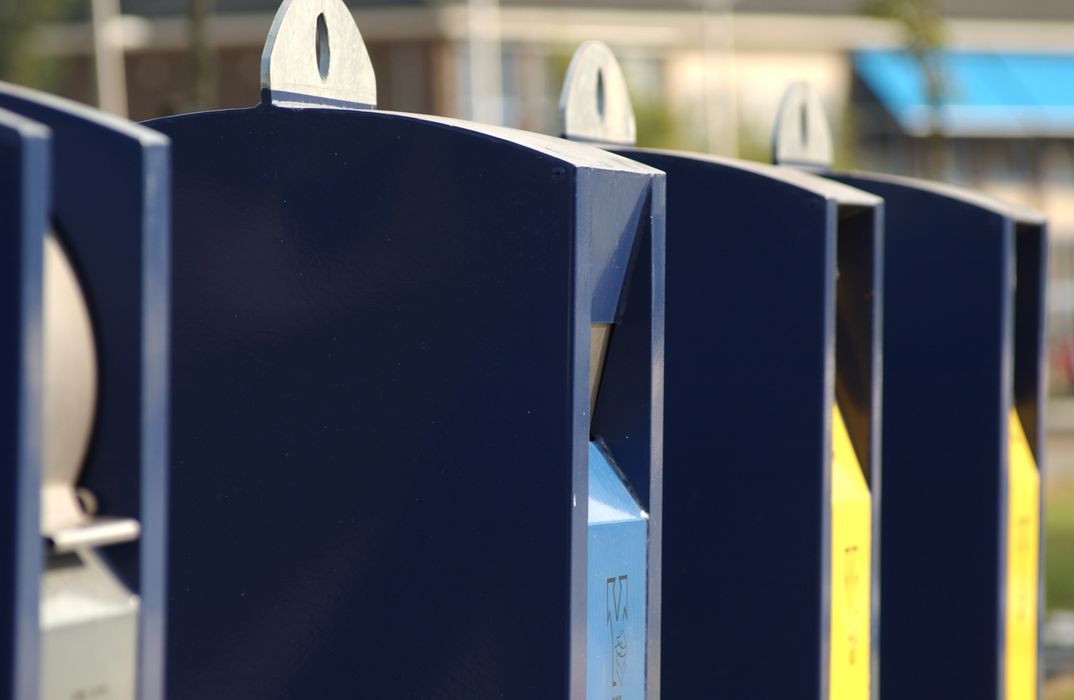Here's how to make your containers privacy-proof!
At the end of September, the NVRD organized a knowledge meeting on privacy. A topical subject within the industry that raises all sorts of questions. What is and is not allowed when it comes to linking the waste card to a citizen’s address data?
Case Arnhem
Earlier this year, the Personal Data Authority (AP) tapped the municipality of Arnhem for improperly storing personal data during its collection process. This case sparked considerable public discussion. Because how does the municipality ensure that the privacy of citizens is safeguarded when optimizing collection processes? To answer this question, the NVRD (Royal Association for Waste and Cleaning Management) organized a knowledge session on privacy on Thursday, September 28.
NVRD privacy conference/knowledge session
That the privacy issue is alive and well among municipalities is evident from the great interest in the knowledge session. With lectures by the Alderman from Arnhem and the lawyer involved, a large proportion of the NVRD members are fully informed when it comes to what can and cannot be done when processing landfill data.
The opinion of KLAIR
Speaking on behalf of industry association KLAIR (Kwaliteit Levering Afvalcontainers de Implementatie en Registratie), Quirijn van Loon (deputy director VConsyst) talked about data processing during the collection process. To protect the privacy of citizens, municipalities without Diftar are not allowed to store landfill data at the parcel level. This refers to situations where citizens pay a fixed amount for waste disposal and not per disposal. KLAIR advises these municipalities to either adjust their collection objectives towards the citizen or anonymize the landfill data.
Four steps to take
Municipalities that collect data in violation of privacy laws must comply with the regulations by taking the four steps below, according to KLAIR.
- The first step is to contact your supplier of (underground) containers. He is familiar with your specific situation, can tell you about the steps you need to take, and he knows what the options are for you.
- In step two, it is important that your supplier signs a processor agreement. With this, you as a municipality give permission for your supplier to process personal data. NVRD has prepared a standard form that you can use as a basis. This will ensure that you meet the requirements set.
- To prevent your citizen’s deposit data from being incorrectly stored in the future, VConsyst developed the Incognito module. This module ensures that landfill data will be stored anonymously in the future. In this way, you maintain insight into your collection process, but do not store citizen data.
- As a final step, it is important that previously collected data also be anonymized. This existing data may be stored in multiple software systems. Ask your vendor what the options are for anonymizing existing data.
Do you have questions about how to anonymize your data to comply with legislation? If so, please contact us. We are happy to help you with this.
